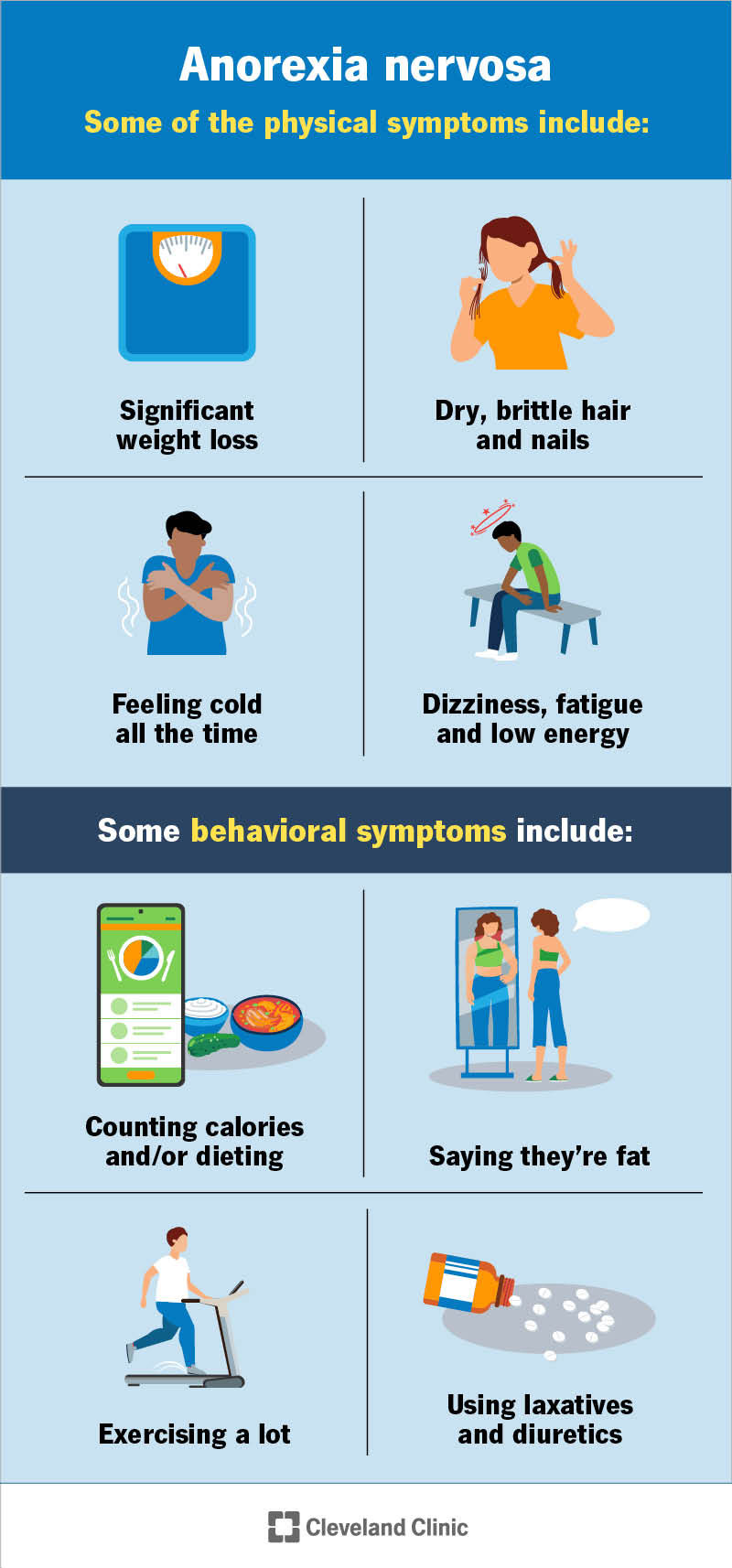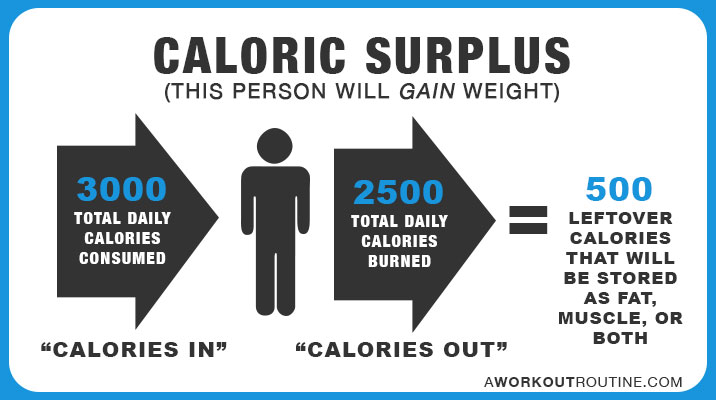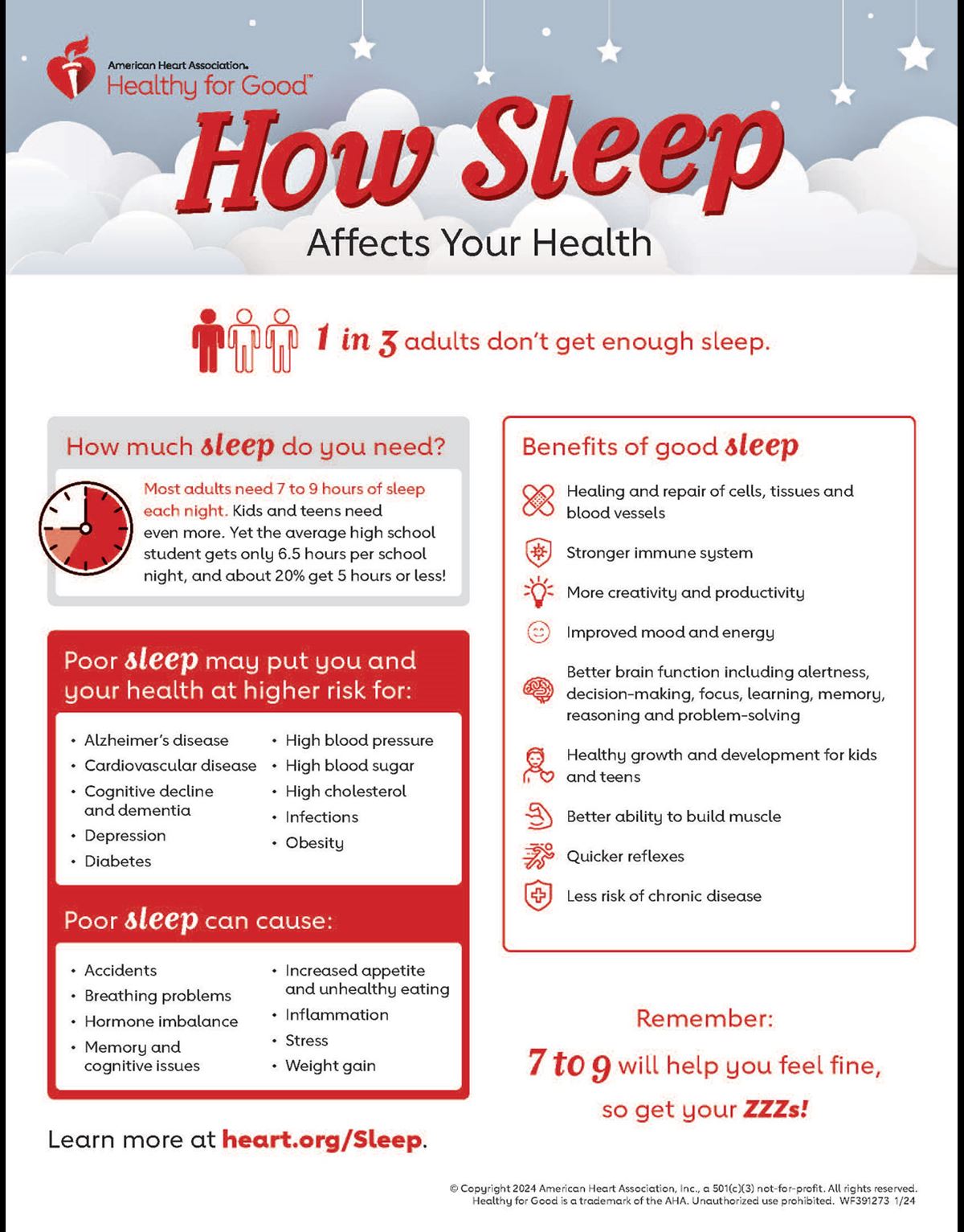Sure! Here are 5 subsections for the topic “How to increase weight”:
1. Balanced Diet
Consuming a balanced diet rich in proteins, healthy fats, and carbohydrates is essential to help increase weight.
2. Strength Training
Engaging in regular strength training exercises can help build muscle mass, contributing to weight gain.
3. High-Calorie Foods
Incorporating high-calorie foods such as nuts, seeds, avocados, and dairy products can boost calorie intake.
4. Regular Meals
Eating frequent, small meals throughout the day can prevent feeling too full and help in consuming more calories.
5. Adequate Rest
Getting enough rest and sleep is crucial for the body to recover and grow, aiding in weight gain.

How to increase Weight
Tell me a complete details.
Factors to Consider for Weight Gain
- Eating calorie-rich foods
- Regular strength training
- Adequate rest and sleep
Dietary Tips for Weight Gain
- Consume more protein-rich foods such as meats, dairy, and legumes.
- Include healthy fats like avocado, nuts, and olive oil in your diet.
- Eat larger portion sizes and add snacks between meals.
Consult a healthcare provider or a nutritionist for personalized advice on weight gain strategies.

1. Understanding the Basics of Weight Gain:
Understanding how weight gain works is essential in developing a successful plan to increase weight. Here are some key points to consider:
The Role of Calories:
To gain weight, you need to consume more calories than your body burns. This surplus of calories is what leads to weight gain.
Importance of Nutrient-Rich Foods:
Focus on including nutrient-dense foods in your diet such as complex carbohydrates, healthy fats, and proteins to support weight gain in a healthy way.
Meal Planning and Consistency:
Plan your meals to ensure you are eating enough calories throughout the day. Consistency in your eating habits is key to successful weight gain.
Exercise and Muscle Building:
Along with a calorie surplus, incorporating strength training exercises can help build muscle mass, which contributes to overall weight gain.
Seeking Professional Advice:
If you are struggling to gain weight or have specific health concerns, it’s recommended to consult a healthcare provider or a nutritionist for personalized guidance.

How to increase Weight
– Explanation of calorie surplus
In order to gain weight, one of the fundamental principles to follow is to create a calorie surplus in your diet. This means consuming more calories than your body burns in a day.
Key points to keep in mind:
- Calculate your maintenance calorie level based on your activity level
- Start by consuming 250-500 calories more than your maintenance level
- Focus on nutrient-dense foods to reach your calorie goals
By consistently maintaining a calorie surplus and engaging in resistance training, you can gradually increase your weight in a healthy manner.

How to Increase Weight
Importance of Macronutrients like Carbohydrates, Proteins, and Fats
Macronutrients play a crucial role in weight gain. Here’s why each of them is important:
- Carbohydrates: Provide a quick source of energy and help in replenishing glycogen stores in the body.
- Proteins: Essential for muscle growth and repair, which is vital for increasing overall body weight.
- Fats: Offer concentrated energy and support various body functions, including hormone production.
:max_bytes(150000):strip_icc()/macronutrients-crop-46020d95fa694c73a24f89b5e86f7668.jpg)
How to Increase Weight
Understanding the Role of Metabolism in Weight Gain
Metabolism plays a crucial role in determining how efficiently your body processes food and converts it into energy or stores it as fat. Here are some key points to consider:
- Metabolism Rate: Your metabolic rate is the speed at which your body burns calories. A higher metabolism can help you gain weight more easily.
- Caloric Intake: To gain weight, you need to consume more calories than your body burns. Focus on consuming nutrient-dense, high-calorie foods.
- Macronutrient Balance: Opt for a balanced diet that includes proteins, fats, and carbohydrates in the right proportions to support weight gain.

How to Increase Weight
If you are looking to gain weight, it is important to do so in a healthy and sustainable way. Here are some tips on how to increase weight:
Eat More Calories
To gain weight, you need to consume more calories than you burn. Focus on nutrient-dense, calorie-rich foods such as nuts, avocados, and whole grains.
Strength Training
Incorporate strength training into your exercise routine to help build muscle mass. Muscle weighs more than fat, so increasing muscle can help with weight gain.
Healthy Fats
Include healthy fats in your diet such as olive oil, coconut oil, and avocados. These fats can help increase your calorie intake and are good for your overall health.
Protein-Rich Foods
Make sure to include plenty of protein-rich foods in your diet such as lean meats, fish, eggs, and dairy products. Protein is essential for muscle growth and repair.
Stay Hydrated
Drink plenty of water throughout the day to stay hydrated and support your body’s functions, including digestion and nutrient absorption.
Consult a Professional
If you are struggling to gain weight, consider consulting with a healthcare provider or a registered dietitian who can provide personalized guidance and support.

2. Creating a Calorie-Dense Diet Plan:
To increase weight effectively, following a calorie-dense diet plan is essential. Here is a detailed approach:
Key Components of a Calorie-Dense Diet:
- Healthy Fats: Incorporate sources of healthy fats such as nuts, seeds, avocados, and olive oil into your meals.
- Complex Carbohydrates: Choose whole grains, legumes, and starchy vegetables to provide sustained energy.
- Protein: Include lean sources of protein like poultry, fish, tofu, and legumes to support muscle growth.
- Calorie-Rich Snacks: Opt for calorie-dense snacks such as trail mix, nut butter with fruits, and protein bars.
Meal Planning Tips:
- Regular Meals: Eat consistently throughout the day to ensure you meet your calorie goals.
- Portion Sizes: Increase portion sizes and include calorie-dense foods in each meal.
- Nutrient Density: Aim for nutrient-dense choices within the calorie-dense options for overall health.
- Hydration: Stay hydrated by consuming fluids between meals to prevent feeling full too quickly.

How to Increase Weight
Designing a Meal Plan with Calorie-Dense Foods
To increase weight effectively, it’s essential to design a meal plan that includes calorie-dense foods. Here are some key points to keep in mind:
- Eat Frequently: Aim for 5-6 small meals throughout the day to ensure a steady intake of calories.
- Include Protein: Protein-rich foods like lean meats, fish, eggs, and dairy products can help in muscle growth.
- Opt for Healthy Fats: Incorporate sources of healthy fats such as avocados, nuts, seeds, and olive oil into your meals.

How to Increase Weight
Incorporating Healthy Fats and Proteins
When looking to gain weight, it is important to focus on incorporating healthy fats and proteins into your diet. These nutrients are essential for muscle growth and overall health.
- Include sources of healthy fats such as avocado, nuts, and olive oil in your meals.
- Opt for protein-rich foods like lean meats, poultry, fish, and legumes to support muscle development.
- Consider adding protein powders or shakes to your routine to increase your daily protein intake.

How to Increase Weight
Including nutrient-rich smoothies and snacks can help you gain weight effectively. Here are some tips:
- Prepare protein-rich smoothies using ingredients like Greek yogurt, protein powder, almond butter, and fruits.
- Choose high-calorie snacks such as nuts, dried fruits, cheese, and granola bars.

How to Increase Weight
It can be challenging for some people to increase their weight and muscle mass. Here are some detailed tips and methods to help you achieve your goal:
Diet
1. Increase Caloric Intake: To gain weight, you need to consume more calories than your body burns. Focus on calorie-dense foods like nuts, avocados, and whole grains.
2. Eat Protein-Rich Foods: Protein is essential for muscle growth. Include sources like lean meats, poultry, fish, eggs, and dairy products in your diet.
3. Consume Healthy Fats: Healthy fats from sources like olive oil, nuts, seeds, and fatty fish can help you add healthy weight.
Exercise
1. Strength Training: Incorporate weightlifting and resistance exercises to build muscle mass and increase weight.
2. Focus on Compound Exercises: Compound movements like squats, deadlifts, and bench presses work multiple muscle groups and aid in weight gain.
3. Rest and Recovery: Allow your body to recover and grow by getting enough rest between workout sessions.
Lifestyle Changes
1. Sleep: Ensure you get an adequate amount of sleep each night to support muscle growth and weight gain.
2. Stay Hydrated: Drinking enough water is crucial for overall health and can also aid in muscle development.
3. Consult a Professional: If you are struggling to gain weight, consider seeking advice from a nutritionist or healthcare provider.

3. Weight Gain through Strength Training:
Strength training is an effective way to increase your weight by building muscle mass. Here are some key tips to help you achieve weight gain through strength training:
Key Tips:
- Progressive Overload: Gradually increase the weight you lift to ensure continuous muscle growth.
- Compound Exercises: Focus on compound movements like squats, deadlifts, and bench presses to target multiple muscle groups at once.
- High Protein Diet: Consume an adequate amount of protein to support muscle repair and growth.
- Rest and Recovery: Allow your muscles to recover and grow by getting enough rest between workout sessions.
- Consistency: Stay consistent with your training routine to see sustainable results over time.
:max_bytes(150000):strip_icc()/VWFit-i-just-started-exercising-why-am-i-gaining-weight-1231585-b13e3c8e91e340919a73c903a7f4fda2.jpg)
How to Increase Weight
Importance of Muscle Mass in Weight Gain
Building muscle mass is essential for healthy weight gain. Here’s why muscle mass is important:
- Increased metabolism: Muscle tissue burns more calories at rest compared to fat tissue, helping you consume more calories and gain weight.
- Improves strength: Having more muscle mass can improve your strength and overall physical performance.
- Enhances body composition: Building muscle can improve your body shape and enhance your overall physique.

How to Increase Weight
Designing a Weightlifting Routine
One effective way to increase weight is through weightlifting. Here’s how you can design a weightlifting routine:
- Set your goals: Determine what you want to achieve through weightlifting.
- Consult a professional: Seek guidance from a trainer or fitness expert.
- Start with basics: Begin with fundamental exercises to build a strong foundation.
- Progress gradually: Increase the intensity and weights over time to challenge your muscles.
- Include variety: Incorporate different types of exercises to target various muscle groups.

How to increase Weight
Incorporating compound exercises to build muscle
One effective way to increase weight is by incorporating compound exercises into your workout routine. Compound exercises target multiple muscle groups at once, which can help you build muscle mass more efficiently.
Benefits of compound exercises:
- Allows you to lift heavier weights
- Engages multiple muscle groups
- Increases overall strength and muscle size
Some popular compound exercises to consider include:
- Deadlifts
- Squats
- Bench presses
- Pull-ups
- Rows

How to Increase Weight
Below are some detailed tips on how to increase weight effectively:
1. Eat Frequently
Consume calorie-dense meals and snacks throughout the day to increase your calorie intake.
2. Choose Nutrient-Rich Foods
Opt for foods that are high in healthy fats, proteins, and carbohydrates to fuel your body for weight gain.
3. Incorporate Strength Training
Include strength training exercises in your workout routine to build muscle mass and increase weight.
4. Stay Hydrated
Drink plenty of water throughout the day to support your body’s functions and promote weight gain.
5. Get Plenty of Rest
Ensure you get enough sleep each night to allow your body to recover and grow, aiding in weight gain.

4. Monitoring Progress and Making Adjustments:
Monitoring your progress is essential when trying to increase weight. Making adjustments as needed will help you stay on track and reach your goals.
Tracking your weight gain:
Keep track of your weight by weighing yourself regularly, such as once a week. This will help you monitor your progress and make any necessary adjustments to your routine.
Adjusting your diet:
Consult a dietitian or nutritionist to create a meal plan that helps you gain weight healthily. Make sure you are consuming enough calories and nutrients to support weight gain.
Increasing your exercise:
Incorporate strength training exercises into your routine to help build muscle mass. This can help increase your overall body weight and improve your health.
Seeking professional help:
If you are struggling to gain weight despite your efforts, consult a healthcare provider to rule out any underlying medical conditions that may be affecting your ability to gain weight.

How to increase Weight
Tracking daily caloric intake and weight changes
One important aspect of gaining weight is keeping track of your daily caloric intake and weight changes. Here are some steps to help you track this effectively:
- Use a food diary to log everything you eat and drink throughout the day.
- Calculate your daily caloric needs and make sure you are consuming more calories than you burn.
- Check your weight regularly to monitor your progress.
- Adjust your food intake based on your weight changes to ensure steady weight gain.

Adjusting the diet and exercise plan based on progress
As you work on increasing your weight, it’s important to regularly assess your progress and make necessary adjustments to your diet and exercise routine. Here are some tips on how to do this:
Evaluating weight gain progress
Keep track of your weight gain over time by weighing yourself regularly. If you’re not seeing the desired results, consider making changes to your approach.
Adjusting your diet
Consult with a nutritionist to ensure you are consuming enough calories and nutrients for weight gain. Increase your calorie intake gradually and include plenty of protein-rich foods in your diet.
Modifying your exercise plan
Work with a fitness trainer to adjust your exercise routine to focus on muscle-building and strength training. Incorporate compound exercises and progressively increase the intensity of your workouts.
By consistently monitoring your progress and making necessary adjustments, you can effectively increase your weight in a healthy and sustainable manner.

How to increase Weight
Understanding plateaus and troubleshooting strategies
Plateaus are common when trying to gain weight. Here are some troubleshooting strategies to overcome them:
- Track your calorie intake: Make sure you are consuming enough calories to support weight gain.
- Diversify your meals: Include a variety of nutrient-dense foods in your diet to ensure you are getting all the necessary nutrients.
- Adjust your exercise routine: If you are working out, consider reducing cardio and focusing more on strength training.
- Consult a nutritionist: A professional can help create a personalized meal plan to help you reach your weight gain goals.

Related to How to Increase Weight
Tell me a complete details
If you are looking to increase your weight, there are several approaches you can consider. Here are some key points to keep in mind:
- Caloric Intake: Make sure you are consuming more calories than you are burning throughout the day.
- Healthy Fats: Incorporate foods rich in healthy fats like avocados, nuts, and olive oil into your diet.
- Strength Training: Engage in regular strength training exercises to build muscle mass.
By focusing on these aspects, you can work towards increasing your weight in a healthy and sustainable manner.

5. Lifestyle Changes for Healthy Weight Gain:
Here are some lifestyle changes you can make to help with healthy weight gain:
1. Eat More Calories
Focus on consuming more calories than you burn to support weight gain. Include calorie-dense foods in your diet such as nuts, nut butters, avocados, and whole-fat dairy products.
2. Eat Protein-rich Foods
Include plenty of protein in your diet to support muscle growth and weight gain. Good sources of protein include meats, poultry, fish, eggs, dairy, legumes, and protein supplements.
3. Strength Training
Incorporate strength training exercises into your routine to build muscle mass and promote weight gain. Lift weights or use resistance bands to target different muscle groups.
4. Eat Frequently
Instead of large meals, try eating smaller, more frequent meals throughout the day to increase calorie intake. Focus on nutrient-dense foods to support overall health.
5. Stay Hydrated
Drink plenty of water throughout the day to stay hydrated and support overall health. Avoid sugary drinks and excessive caffeine, as they can interfere with weight gain goals.

Ensuring regular meals and snacks throughout the day
To increase weight, it is essential to have a consistent intake of nutrition throughout the day. Ensure you have a regular schedule for meals and snacks to keep your energy levels up and help with weight gain.

Getting an adequate amount of sleep for muscle recovery
Sleep is a crucial component of muscle recovery and growth. When you’re aiming to increase weight and build muscle, it’s important to get enough rest each night.
Here are some tips to ensure you are getting an adequate amount of sleep for optimal muscle recovery:
- Establish a regular sleep schedule and aim for 7-9 hours of sleep each night.
- Create a relaxing bedtime routine to signal to your body that it’s time to rest.
- Avoid electronic devices and screens at least an hour before bed as they can interfere with your body’s natural sleep cycle.
- Ensure your sleep environment is conducive to rest, with a comfortable mattress and minimal distractions.

How to Increase Weight
Managing Stress Levels to Prevent Weight Loss due to Anxiety or Other Factors
Stress is a common factor that can lead to weight loss due to anxiety, which can hinder your efforts to increase weight. Here are some tips to manage stress levels effectively:
- Practice Relaxation Techniques: Incorporate activities like meditation, deep breathing exercises, or yoga into your daily routine to reduce stress.
- Get Adequate Sleep: Ensure you get enough restful sleep as lack of sleep can contribute to increased stress levels and weight loss.
- Exercise Regularly: Physical activity can help reduce stress and improve overall well-being, which can prevent weight loss.
- Seek Support: Talk to friends, family members, or a healthcare professional for emotional support and guidance in managing stress.

How to Increase Weight
Tips and tricks to help you achieve your weight gain goals.
Diet
Ensure you are consuming enough calories to support weight gain. Include nutrient-dense and calorie-rich foods in your diet.
- Consume protein-rich foods such as eggs, chicken, and tofu.
- Incorporate healthy fats like avocados, nuts, and olive oil into your meals.
- Eat complex carbohydrates such as whole grains, fruits, and vegetables.
Exercise
While gaining weight, focus on strength training exercises to build muscle mass.
- Include compound exercises like squats, deadlifts, and bench press in your workout routine.
- Work with a personal trainer to develop a tailored exercise plan.
- Rest and recover adequately to allow your muscles to grow.
Consult a Professional
If you are struggling to gain weight, consider consulting a nutritionist or dietitian for personalized guidance and support.
Important: Always prioritize your health and well-being when working towards weight gain goals.

I hope you find these subsections helpful for your topic on how to increase weight. Let me know if you need more information on any specific subsection!
